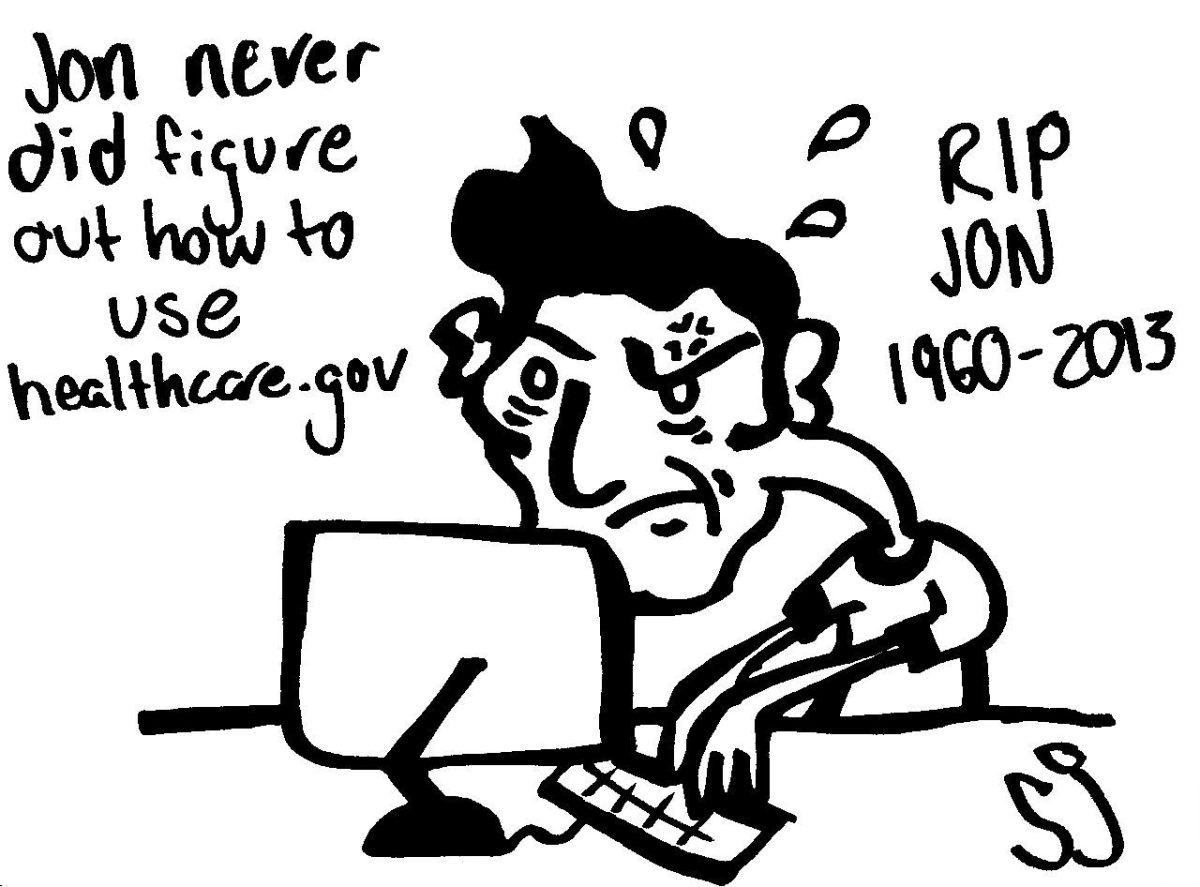October’s go-live of the healthcare.gov website should quell any questions about why the government shouldn’t be involved in our nation’s healthcare anymore than it already is. As one ABC journalist commented, the rollout has been like a “slow-motion train wreck.” A train wreck, indeed, and one that is poised to undermine the Democratic Party’s banner legislation that could make or break the 2014 elections.
Deploying a website to handle the volume of traffic expected on healthcare.gov is nothing new; Amazon, eBay, Google, Microsoft, Wikipedia, Yahoo, CNN, Fox and a myriad of other websites handle far more traffic than healthcare.gov could ever hope to see. If the website hadn’t promised so much to so many people with a legitimate need, it would be comical to watch.
But the problems go much deeper than the website. Like any form of insurance, health insurance draws on well-established principles of actuarial science to assess risk. This is why (on average) it costs more to insure a sports car than it does a family sedan, or why a young driver pays more for insurance than a more experienced driver. Accordingly, health insurers have long assessed higher fees to smokers, for instance, because this behavior has long been understood to cause a myriad of (expensive) illnesses.
Some will argue that health insurance needs to be more affordable and more accessible. This is true, but by flattening the field and eliminating virtually every variable used to assess risk, the actual cost of health insurance will rise for many people. My premiums will almost double in 2014, despite me being young and healthy.
Tort reform would have been the single easiest way to help manage insurance costs. One of the largest costs built into a doctor’s practice is the cost of malpractice insurance. As one healthcare provider told me, “You’re only ever one lawsuit away from financial ruin.” By reining in frivolous lawsuits and implementing caps on the non-economic damages that courts can award, we can bring the cost of malpractice insurance under control.
Mandating that insurance companies provide assistance for obesity is a good first step, but it doesn’t go far enough. Barring a financial incentive (through lower health insurance premiums), it’s questionable how many patients will actually take advantage of these programs. Those who don’t take advantage of these programs will be at higher risk for a myriad of obesity-related illnesses, but will not be paying more for their insurance. That cost will be borne by everyone else in the insurance pool.
My concern with the ACA runs even deeper than this. Assessing individuals a fee (or a tax) for not having health insurance — and receiving nothing in return for that fee — is wrong. If a minimum of coverage was being provided for payment of this tax, it would make more sense. But as it stands, it wedges consumers between insurance offerings that may or may not suit them, and a fee that serves only to pad the coffers of the IRS.
I grew up in Canada, a country that has long prided itself on its socialized health insurance. I don’t have a problem with the government regulating insurers and helping to even the playing field. I do, however, have a problem with the government getting involved in an aspect of my life as intimate as my health care, when they can’t even deploy a website that is supposed to help me find an insurer. I have an enormous problem with my healthcare being tied to my income taxes and the IRS (an organization not known for its bedside manners).
Trust must be earned, and this rollout has done nothing to earn my trust.





